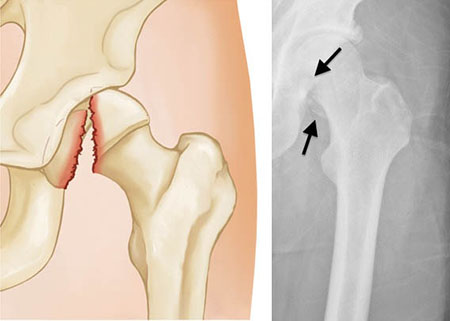A nurse is observing a newly licensed nurse who is performing a focused skin assessment on a client who reports a skin condition. Which of the following questions by the newly licensed nurse requires intervention?
Have you had any changes in your diet?
How do you handle stress?
How does your skin condition make you feel?
Does your skin condition keep you awake at night?
None
None
The Correct Answer is B
Choice A reason:
Asking about dietary changes is relevant to a skin assessment, as diet can influence skin health. However, this question does not require intervention unless the dietary changes are directly related to the skin condition. If the client has been advised to follow a specific diet for their skin condition, then the nurse should ensure compliance with that diet.
Choice B reason:
This question shifts the focus from the skin condition’s characteristics and impact to general coping mechanisms. It does not help determine the lesion’s symptoms, triggers, or functional effects, and thus does not align with a targeted skin assessment framework, requiring intervention.
Choice C reason:
Exploring how the skin issue affects the client’s feelings reveals psychosocial stressors and the emotional burden of living with a visible condition. This insight supports holistic care planning, adherence strategies, and therapeutic rapport.
Choice D reason:
Sleep disturbances can be a consequence of skin conditions, especially if they involve itching or pain. This question is pertinent to the assessment and does not require intervention. The information gathered can help in formulating a comprehensive care plan that addresses the client's comfort and sleep quality.
Nursing Test Bank
Naxlex Comprehensive Predictor Exams
Related Questions
Correct Answer is D
Explanation
Choice A reason:
The lack of insulin production by the pancreas is related to diabetes mellitus, not Addison's disease. Insulin is a hormone that regulates blood sugar levels, and its deficiency leads to diabetes, not Addison's disease.
Choice B reason:
The overproduction of growth hormone by the pituitary gland leads to conditions such as acromegaly or gigantism, depending on the age at which the hormone levels become elevated. It is not related to Addison's disease, which involves the adrenal glands, not the pituitary gland.
Choice C reason:
The overproduction of parathormone by the parathyroid glands leads to hyperparathyroidism, which can cause a variety of symptoms including bone pain, kidney stones, and abdominal pain. This condition is not related to Addison's disease.
Choice D reason:
Addison's disease is indeed caused by the lack of production of hormones by the adrenal glands, particularly cortisol and aldosterone. Aldosterone helps to maintain blood pressure and the balance of sodium and potassium in the blood. When the adrenal glands do not produce enough aldosterone, it can lead to symptoms such as low blood pressure and salt cravings, which are characteristic of Addison's disease.
Correct Answer is D
Explanation
Choice A reason:
Pneumothorax, a collapsed lung, can indeed cause shortness of breath and dyspnea. However, it is typically associated with a sudden onset of these symptoms following a chest injury or spontaneously in the case of a ruptured air blister. In the context of a femoral head fracture, pneumothorax is less likely unless there was additional trauma to the chest area.
Choice B reason:
Pneumonia is an infection of the lungs that leads to inflammation of the air sacs, causing them to fill with fluid or pus. Symptoms include cough with phlegm, fever, chills, and difficulty breathing. While pneumonia could cause dyspnea, it usually develops due to an infectious process rather than directly from a femoral head fracture.
Choice C reason:
Airway obstruction involves a blockage that prevents air from passing freely to the lungs. It can be caused by foreign objects, swelling due to allergic reactions, or other medical conditions. The symptoms of airway obstruction include difficulty breathing, wheezing, and potential changes in skin color. However, airway obstruction is not commonly a direct complication of a femoral head fracture.
Choice D reason:
Fat embolism syndrome is a serious condition that occurs when fat globules enter the bloodstream and lodge within the pulmonary vasculature, leading to respiratory distress. It is a known complication following long bone fractures, such as the femur, and presents with symptoms like shortness of breath, hypoxemia, and neurological manifestations. Given the recent femoral head fracture and the symptoms reported, fat embolism syndrome is the most likely diagnosis.

Whether you are a student looking to ace your exams or a practicing nurse seeking to enhance your expertise , our nursing education contents will empower you with the confidence and competence to make a difference in the lives of patients and become a respected leader in the healthcare field.
Visit Naxlex, invest in your future and unlock endless possibilities with our unparalleled nursing education contents today
Report Wrong Answer on the Current Question
Do you disagree with the answer? If yes, what is your expected answer? Explain.
Kindly be descriptive with the issue you are facing.
